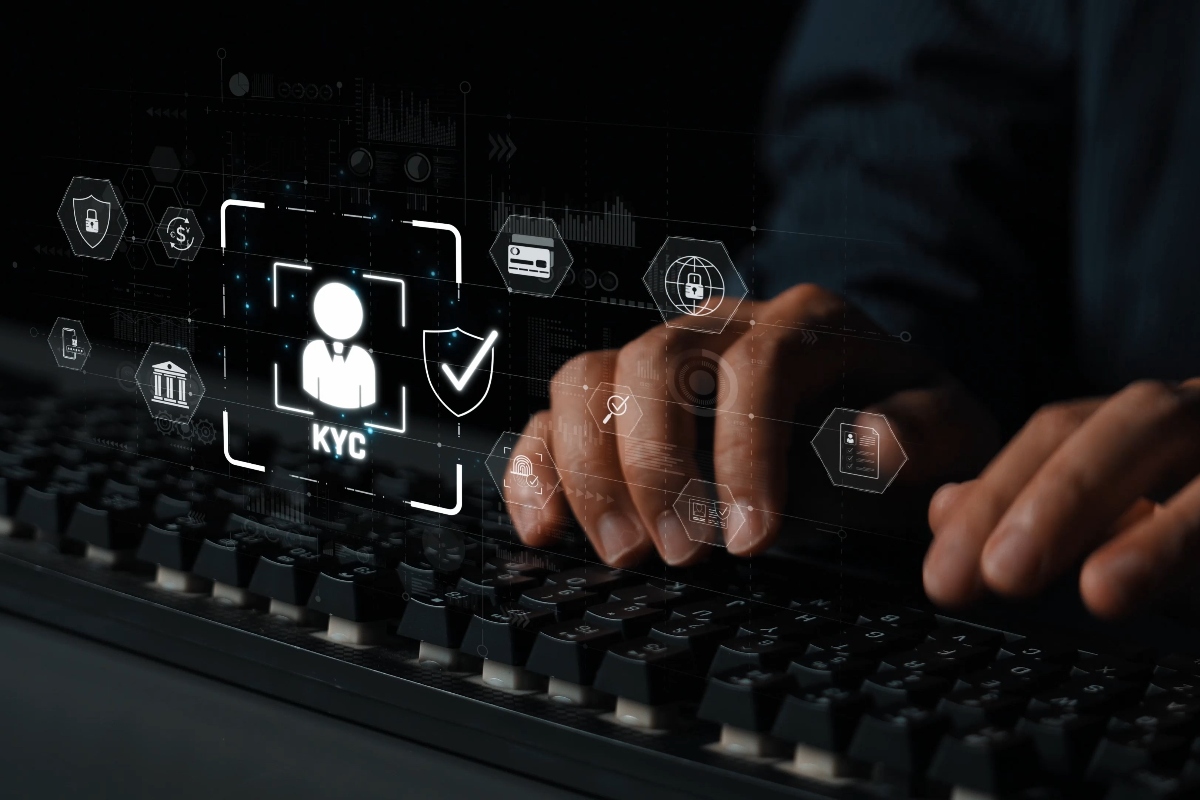Like many other industries, the insurance sector has digitised many of their processes to improve customer data management, provide personalised/self-service and enhance customer relationships. But as with many business-wide migrations, there are consequences and risks tied to it.
In the case of digitisation, cybersecurity has become a major challenge for insurance companies and their customers. Businesses need to be sure that customers are who they claim to be, or risk leaking personal information. In particular, the traditional practice of using wet ink signatures and uploading them to digital systems poses a substantial security risk.
These manual signatures can become a gateway for the breach of sensitive customer information when transposed into digital formats. In contrast, electronic signatures represent a form of authentication that is resilient and secure, allowing insurance companies to protect the identity and data of their customers.
In this article, we explore how e-signing is reshaping the insurance industry by addressing the intrinsic security gaps prevalent in manual processes.
Security risks of wet ink signatures in the insurance industry
The insurance industry manages a range of highly sensitive customer data. Transactional records, personal information and identity documents all need to be handled with care and security. KYC processes are essential not just to comply with regulatory standards, but also to protect the business and its customers from potential fraud and breaches.
But the more digital channels (portals, online applications, mobile apps) there are, the greater the risk of sensitive data breaches. In light of these risks, it may seem as though the secure option for insurance companies is to maintain a wet ink signature process, particularly with the addition of physical witnessing.
In reality, wet ink signatures are not impervious to risks, they are susceptible to physical forgery and the inevitable human element of misplacing or losing documents that can lead to complications. Moreover, the process of data entry into disparate digital platforms can also pose security risks as it is not part of a secure end-to-end system and can be potentially breached.
How electronic signatures enhance the security of insurance processes
Electronic signatures offer a secure, efficient and effective solution for customer identification and verification in the insurance industry. After years of regulations and legal refinement, the modern e-signing process showcases a secure format to confirm customers are actually who they claim to be.
An example of this is the eIDAS Levels of Assurance. eIDAS regulations set out standards and legal framework for the reliable and secure operation of electronic signatures. Their levels of assurance refer to the degree of confidence in the claimed person’s identity and are shown in the following examples:
- Low - self-registration in a web-page without any identity verification
- Substantial - authentication through a username and password and a one-time password sent to the person’s mobile.
- High - authentication via an additional layer of verification like a National ID Card.
For insurance companies, high assurance is a requirement when it comes to electronic signatures to ensure security. Additionally, there are multiple step verification processes, end-to-end encryption and unique code authentication to provide companies with confidence of customer identity. All in all, the KYC processes of electronic signatures eliminate the human risk tied to wet ink signatures whilst enhancing the security of sensitive customer data.
Additional benefits of electronic signatures for insurance companies
Improved insurance workflows
The process of uploading physically signed documents into digital insurance workflows acts as a huge hurdle in the way of process efficiency. Unnecessary printing, scanning and data entry leads to huge inefficiency that has a detrimental impact on customers as a result.
Electronic signatures and witnessing represent end-to-end processes that seamlessly integrate with insurance workflows and provide full audit trails of each signed document. This removes the necessary step between customer signing and workflow execution, enabling insurance companies to enforce rigorous KYC processes, without compromising customer convenience and experience.
Enhanced customer experiences
Wet ink signatures bring a certain degree of inconvenience to all parties involved, not just customers. Physical signature meetings require planning, travel and can take extended periods of time when witnesses are also required.
Electronic signatures enhance the customer experience by letting them sign on their own terms without the need for physical meetings. This also parallels with the range of other self-service opportunities the insurance industry already offers their customers, leading to a more consistent experience.
Time, efficiency and sustainability
Wet ink signatures bring a number of hidden additional costs. People travelling to meetings and sending documents via the post both cost fuel, which in turn negatively affects sustainable practices.
Not only do electronic signatures bring efficiencies in terms of time and cost, but they also eliminate the fuel consumption tied to travel and document transportation. This adds to a sustainable business model which benefits everyone involved.
Enhance your electronic signature security with Bonafidee
Electronic signatures are changing the customer experience in the insurance industry for the better. They enhance the security of identity verification with an end-to-end process, letting customers and businesses enjoy the benefits of an electronic alternative without the risks.
Bonafidee’s digital engagement platform includes a comprehensive range of integrated identity checks to verify new customers’ identities in a safe, compliant and fully evidenced way. From the outset, the process is digitally tied to each customer's identity, providing evidence that KYC and AML checks have been completed by the same individual. A full audit trail is also available of the customer's journey through the consent, identity verification, data capture and document signing stages, all the way through to completion.
To find out more about Bonafidee’s securely hosted, advanced digital signature and customer verification solutions, download our guide, or contact our team.



